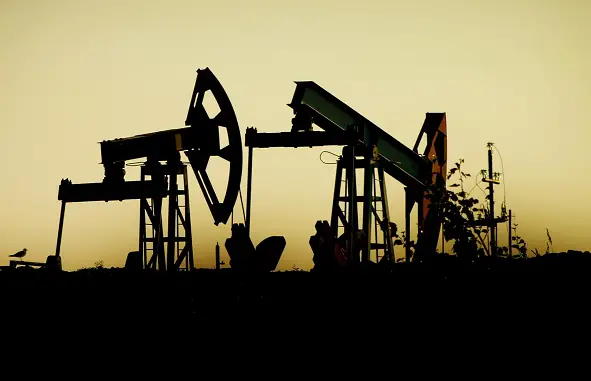After seven weeks of increases, oil steadied as investors shifted away from risk assets due to concerns about the status of China’s economic recovery.
The price surge saw the longest run of weekly gains since the middle of 2022. That drove prices up by about 20%, leaving West Texas Intermediate trading at around $83 per barrel. A broad range of equity benchmarks slumped as trading began for the week, due to concerns over the worsening crisis in the property sector in China. In addition, for a third consecutive day, US currency inched higher which reduced the appeal of commodities prices in US dollars.
Since bottoming out in June, crude has risen by roughly 25%, following several output reductions by key OPEC+ producers Russia and Saudi Arabia. Those supply constraints have driven the market into a deficit of over 2 million barrels per day (bpd) this quarter according to estimates by the producer group. In addition, increasing risks to Russian crude cargoes transiting the Black Sea amid the war in Ukraine have also contributed to the rise.
Simultaneously, the US economic outlook has lifted as an increasing number of economists, the Federal Reserve’s own staff included, are now forecasting that the nation will manage to perform a soft landing of the economy and avoid an official recession, which could lead to increased demand for energy.
Vandana Hari, founder of Vanda Insights in Singapore said, “The rally has been too focused on US economic sentiment, ignoring the continuing strong headwinds in Europe and China. A reality check has been overdue.”
On Tuesday the market will receive industrial production figures for China, including its refining industry data. which will offer investors a snapshot of the economic conditions in the nation. As the world’s largest purchaser of crude, China has been opening new refining plants to take advantage of discounted Russian crude, which has been buoying global demand.
At the same time, the nation is enduring a crisis in the property sector, where a credit contraction is driving down sales and prices, which is causing developer cash flow to plummet. That is leading to developers being unable to finish pre-sold projects, which is hampering demand further in a market where projects are often bought prior to completion. That is driving prices down even further, creating a vicious cycle.
In addition, Country Gardens Holding Co., one of China’s biggest developers, has just announced it is expecting a 55 billion yuan ($7.66 billion) shortfall in the first half of this year. On August 7th, the company missed a bond coupon payment date which has started the clock on a 30 day grace period before the company will officially enter into default. Analysts note a collapse of Country Gardens could dwarf the collapse of real estate developer Evergrande, and set off a domino effect of credit contractions and developer collapses within the sector, which is responsible for 20% of China’s GDP.


